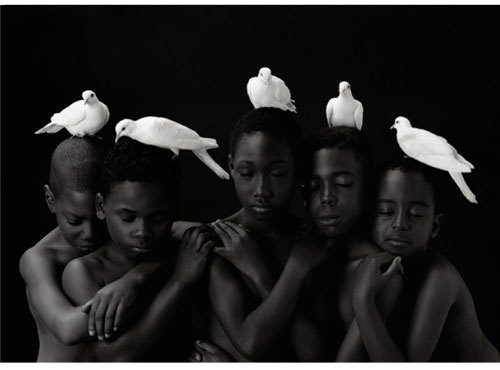In 2008, a TED talk by a former nun turned bestselling author and interfaith commentator led to the development of the Charter for Compassion. Karen Armstrong came to prominence for her 1993 book “A History of God” and then greater prominence following the events of September 11, 2001, when she began to be called on to speak about the commonalities between Christianity, Judaism and Islam. Raised Catholic, she no longer identifies with any one religion, but takes interest in the common thread of compassion between all religions.
In the 2008 TED talk, Armstrong noted the emphasis on compassion and the Golden Rule – do unto others as you would have them do unto you – exists in all religions, but is too often overshadowed currently by an emphasis on the details of one’s creed and whether those details are “right”. She proposed the creation of a global Charter for Compassion to bring together leaders from Christianity, Judaism and Islam to emphasize the Golden Rule in their respective religions. Her TED proposal won support and, in 2009, following extensive public input, the final text of the Charter for Compassion was unveiled with special events in several cities globally. It now reaches beyond the three Abrahamic religions to include all world faiths and faith communities.
The Charter notes,
The principle of compassion lies at the heart of all religious, ethical and spiritual traditions, calling us always to treat all others as we wish to be treated ourselves. Compassion impels us to work tirelessly to alleviate the suffering of our fellow creatures, to dethrone ourselves from the centre of our world and put another there, and to honour the inviolable sanctity of every single human being, treating everybody, without exception, with absolute justice, equity and respect.
The Charter for Compassion has been hailed by leaders such as Archbishop Desmond Tutu and His Holiness the Dalai Lama. Charter movements have taken place all over the world, with cities committing to be “compassionate cities” and partner organizations signing on.The Charter has now been translated into over thirty different languages.
In 2014, recognizing the widespread reach of the Charter, the Global Compassion Council – a group of leaders in the Charter movement – formed the Charter for Compassion organization. Later that year, the Charter invited people to go beyond simply signing it, and put its principles into practice.
We envision a richly diverse “network of networks,” people from every sector—business, healthcare, education, government, faith and interfaith, peace and non-violence, the arts, and those working to preserve the environment—who will bring compassion to everything they do, and who will take responsibility for igniting the compassion of the general community to care for each other and for the well-being of all members of the community from birth through childhood, adolescence, and adulthood to old age and death.
Through the work of the Charter of Compassion, people have been reminded of the shared reality between faiths, and even between faith and agnosticism or humanism. We are glad they’re out there. To sign the Charter, please visit https://charterforcompassion.org/the-charter
by Parvati Magazine staff











